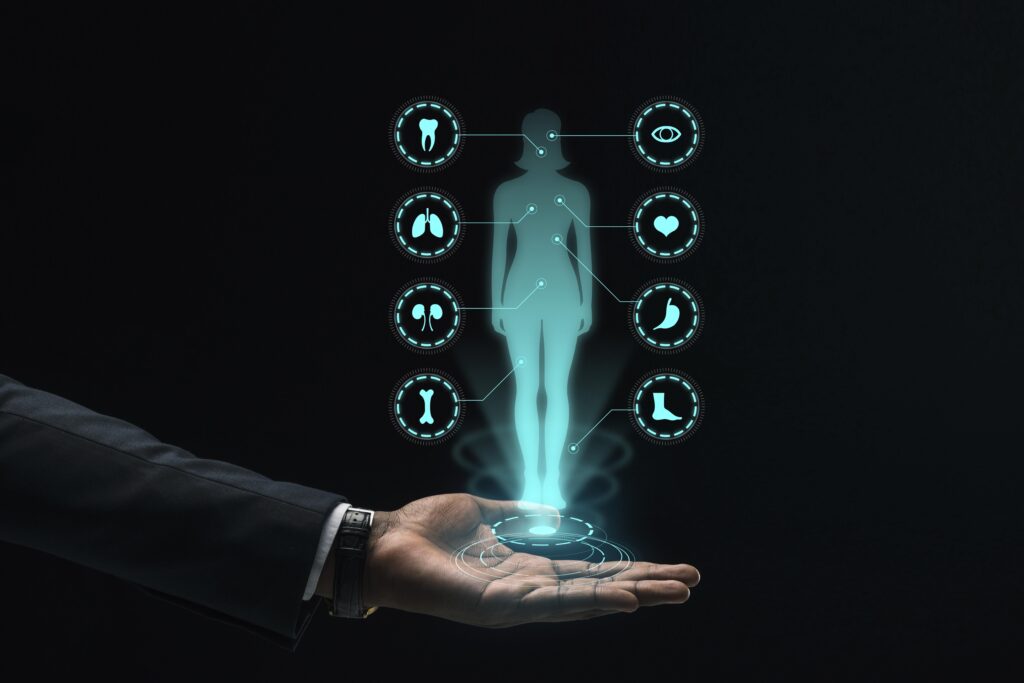In an era of growing urbanization, cities around the world are experiencing unprecedented problems. Excessive heat, climate change, and population expansion have created a higher demand for resilient urban infrastructure than ever before. Recognizing the demand, SEEDS, an acknowledged sustainable development organization, collaborated with Microsoft to create a ground-breaking initiative: the AI for Resilient Cities concept. This cooperation seeks to leverage the power of artificial intelligence (AI) to build cities that are not only more resilient but also smarter and more sustainable.
Climate change is increasing the frequency and severity of extreme weather events, including heatwaves, floods, and droughts. Extreme weather events cause fatalities and have far-reaching socioeconomic impacts. Access to information about recurring events and understanding the risks are lacking among India’s most vulnerable groups. This lack of vital knowledge prevents preemptive and potentially lifesaving intervention.
Harnessing artificial intelligence to predict heatwaves in advance and deliver early warnings to at-risk populations.
The Need for Resilient Cities
The growth of cities brings about a greater susceptibility to several risks, including natural disasters, scarcity of resources, and strain on infrastructure. Climate change worsens these problems, potentially leading to more frequent and severe weather events. To ensure that cities can survive these challenges and continue to develop, resilience has become a top priority for urban planners and policymakers. Resilient cities predict, adapt, and respond to a variety of difficulties. The ideals of sustainability are the foundation of their organization, efficiency, and inclusion, guaranteeing that they can effectively serve their communities even in the face of adversity.
SEEDS and Microsoft: A Powerful Partnership
For over 20 years, SEEDS (Sustainable Environment and Ecological Development Society) has been leading the way in disaster management and sustainable development. With a thorough awareness of the specific issues that urban areas face, SEEDS has been advocating for the integration of technology into urban planning. Microsoft’s expertise in AI and cloud computing provides the ideal technology foundation for this ambitious undertaking. SEEDS and Microsoft are combining their skills to create the AI for Resilient Cities model, a potent tool for helping cities become more resilient to environmental, social, and economic issues.
SEEDS and Microsoft form a powerful partnership.
SEEDS (the Sustainable Environment and Ecological Development Society) has been at the forefront of disasters. How the AI for Resilient Cities Model Works: The AI for Resilient Cities model analyzes large volumes of data relevant to urban areas through modern AI algorithms and machine learning approaches. Climate patterns and population demographics, as well as infrastructural conditions and resource utilization, are all part of this data.
By processing this data, the model can forecast potential dangers and weaknesses in a city’s infrastructure and provide recommendations on how to reduce them. For example, the AI model can predict the impact of a catastrophic weather event on various regions of a city and recommend specific solutions to safeguard susceptible areas, such as strengthening infrastructure, maximizing emergency response, or even redesigning specific urban places.
Key Features and Benefits
- Predictive Analytics: The AI model uses previous data and current trends to forecast future dangers. This enables city planners to handle potential difficulties before they become major ones.
- Real-Time Monitoring: By constantly monitoring urban systems, the model can deliver real-time alerts and recommendations, allowing cities to adapt swiftly to emergent hazards.
- Resource Optimization: The approach assists cities in managing their resources more efficiently and using them where they are most needed. This includes maximizing energy efficiency, minimizing waste, and managing water resources.
- Community Engagement: The AI model includes data on social factors, allowing cities to develop more inclusive and fair solutions. Understanding the needs and vulnerabilities of various groups allows cities to put together resilience plans to guarantee that no one falls behind.
Vision for the Future
The AI for Resilient Cities model is more than a tool; it is a vision for the future of urban existence. As cities around the world expand and confront additional difficulties, this model outlines how they might become more resilient, sustainable, and flexible. The artificial intelligence for resilient cities model raises the bar for urban design by combining SEEDS’ experience in sustainable development with Microsoft’s cutting-edge AI technology. This collaboration not only helps cities become more resilient now, but it also lays the groundwork for smarter, more sustainable urban environments in the future.
Conclusion
The relationship between SEEDS and Microsoft demonstrates the power of creativity and collaboration in addressing some of today’s most serious concerns. The AI for Resilient Cities concept is a ground-breaking program that uses AI’s potential to create cities that are not just capable of withstanding hardship but also capable of thriving in it. As more cities adopt this paradigm, we can see a future in which urban resilience is not just a goal but a reality for communities all around the world.



